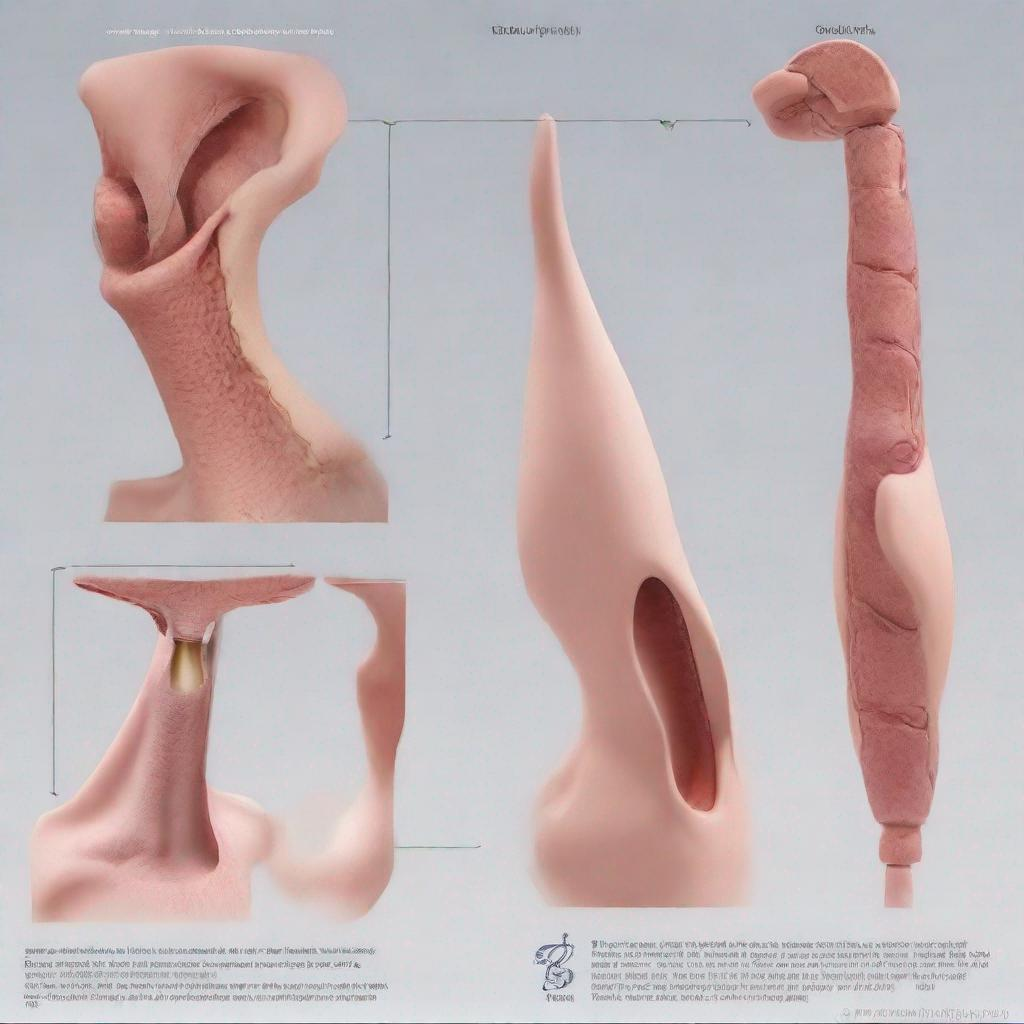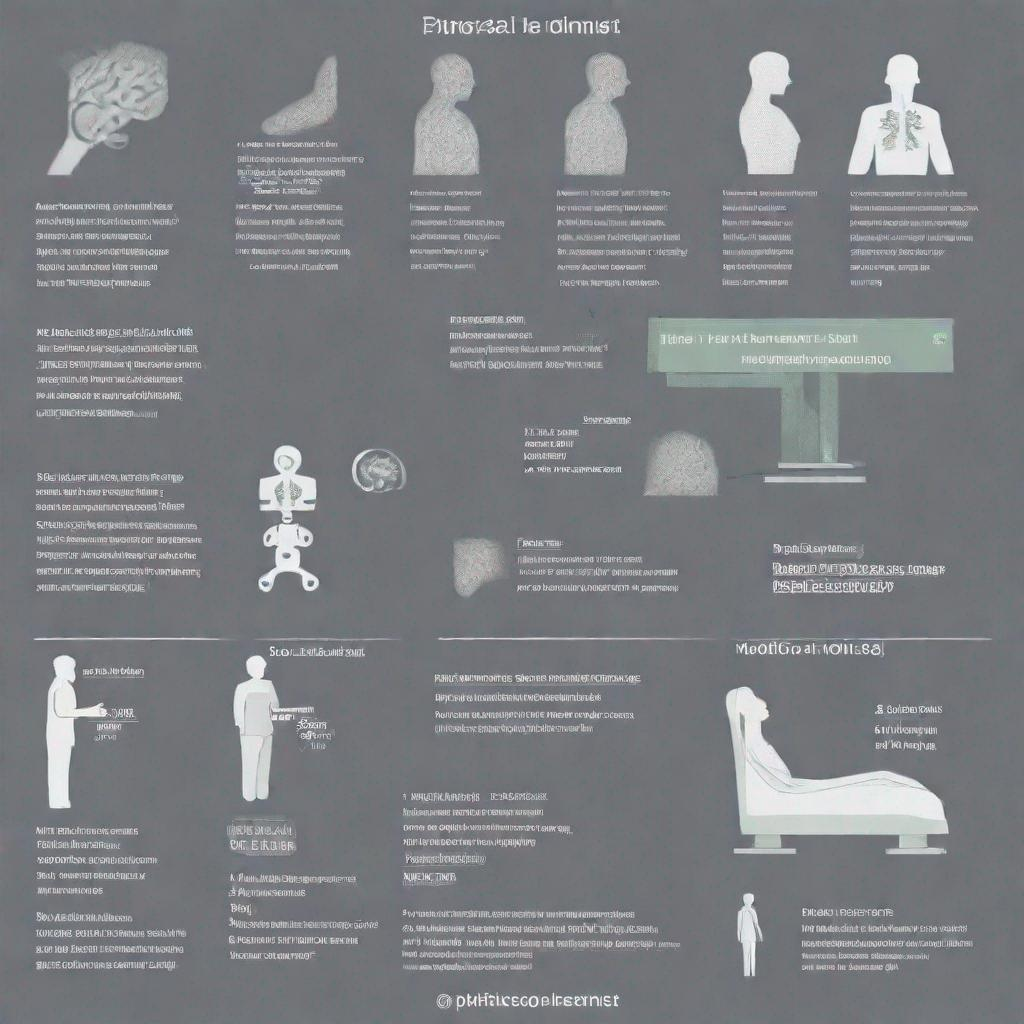## Esophageal Motility Study: A Comprehensive Guide
### Introduction
An esophageal motility study is a medical test that evaluates the function and movement of the esophagus, a muscular tube that carries food and liquids from the mouth to the stomach. This test helps diagnose various esophageal disorders that can cause difficulty swallowing, chest pain, and other symptoms.
### Procedure
An esophageal motility study is typically performed by a gastroenterologist or otolaryngologist. The test involves inserting a thin, flexible tube called a manometry catheter into the esophagus. The catheter contains pressure sensors that measure the strength and coordination of the esophageal muscles as they contract and relax.
The patient lies on a table during the test, and the catheter is passed through the nose or mouth into the esophagus. The catheter is gradually withdrawn as the sensors record the esophageal pressure at different levels. The test usually takes about 30-60 minutes.
### Diagnosis
An esophageal motility study can help diagnose various conditions and diseases, including:
– **Achalasia:** A disorder in which the lower esophageal sphincter fails to relax, making it difficult to swallow.
– **Diffuse esophageal spasm:** A condition characterized by irregular and forceful contractions of the esophageal muscles.
– **Gastroesophageal reflux disease (GERD):** A condition in which stomach contents flow back into the esophagus.
– **Esophageal cancer:** A growth of abnormal cells in the esophagus.
### Importance
An esophageal motility study is an important test for diagnosing esophageal disorders because it provides information about the strength and coordination of the esophageal muscles. This information can help doctors determine the underlying cause of symptoms and develop appropriate treatment plans.
### Alternatives
Alternative tests or procedures that can be used to diagnose esophageal disorders include:
– **Esophagogastroduodenoscopy (EGD):** A procedure that uses a thin, flexible tube with a camera to visualize the inside of the esophagus and stomach.
– **Esophageal pH test:** A test that measures the acidity of the esophagus over a period of time.
– **24-hour pH impedance monitoring:** A test that measures both acidity and pressure in the esophagus over a 24-hour period.
### Preparation
Patients are typically instructed to fast for 8-12 hours before an esophageal motility study. They may also be asked to avoid smoking and drinking alcohol for a period of time before the test.
### Duration
The esophageal motility study itself usually takes about 30-60 minutes. However, the preparation and recovery time can add an additional hour or two to the overall duration of the test. Patients typically wait 1-2 days for the results of the test.
### Recommendations
Depending on the results of the esophageal motility study, additional tests or procedures may be recommended to confirm the diagnosis or monitor the condition over time. These may include:
– Upper gastrointestinal (GI) series (barium swallow)
– Esophageal pressure study
– Repeat esophageal motility study




